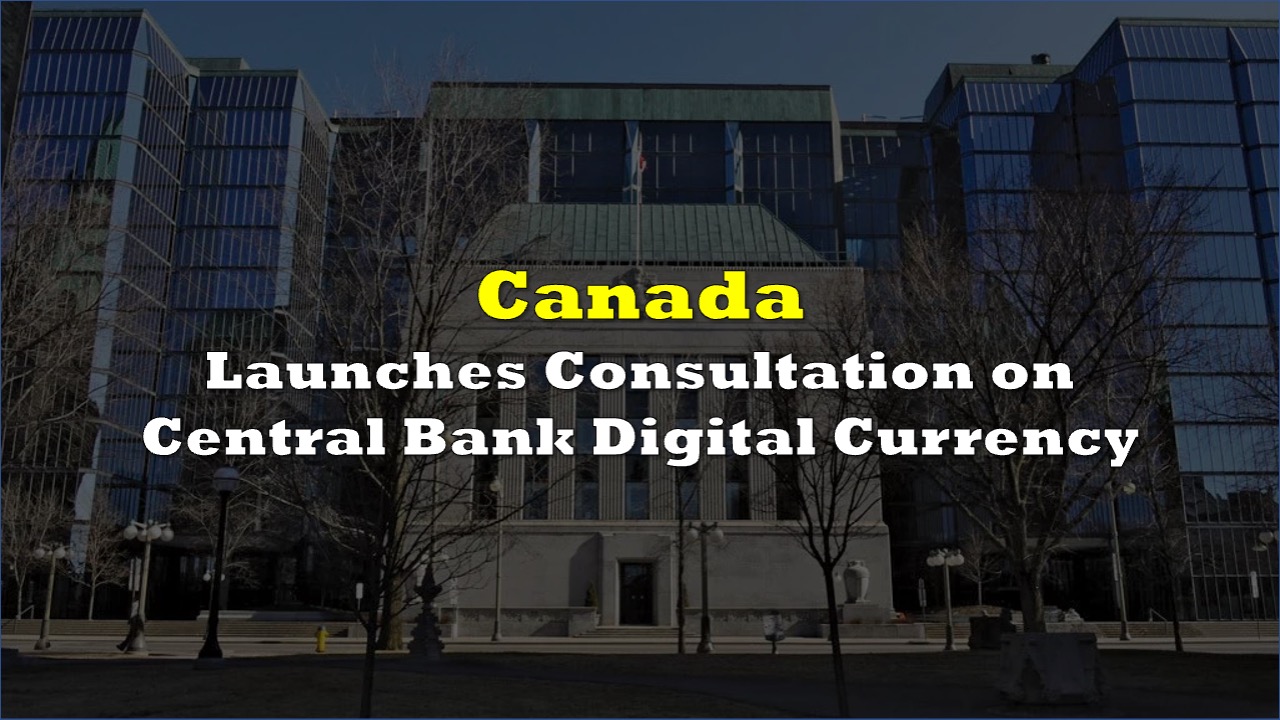The Bank of Canada has launched a public consultation around the potential creation of a central bank digital currency (CBDC), or digital Canadian dollar. The consultation will run until June 19, and the central bank is seeking input from Canadians about what they value most in the design of a digital dollar.
While the Bank of Canada says that it does not believe a retail CBDC is necessary now, it cited two potential motivations for creating the digital dollar. The first is to prevent financial exclusion, which could occur if cash use declines to the extent that it is no longer accepted. The second motivation is to maintain monetary sovereignty, as there is a risk that Canada could become dollarized if a U.S. dollar stablecoin or CBDC becomes widely used within the country.
As there are already plenty of digital payment alternatives, the Bank of Canada wants to know how Canadians want to use a CBDC, which security features are important, and how to ensure privacy.
Senior Deputy Governor Carolyn Rogers emphasized the importance of ensuring that everyone can always take part in Canada’s economy, stating that “we want to make sure everyone can always take part in our country’s economy. That means being ready for whatever the future holds.”
Some believe the consultation is a mere formality and that the CBDC is happening regardless of the results. CBDCs give rise to monetary policy influence, privacy, and cybersecurity issues. Some say it can be used by the government to spy on its people.
Canada will have a CBDC… they've been crystal clear about it. No public consultation will stop it, nor will they explain the REAL reasons behind a CBDC. It's already been decided. $CAD @SteveSaretsky @RichardDias_CFA https://t.co/m4ql54tyfv
— IceCap (@IceCapGlobal) May 9, 2023
The Bank of Canada’s CBDC consultation is part of a global trend towards exploring the potential benefits and risks of digital currencies. Other countries, including China, Sweden, and the United States, are also exploring the creation of their own CBDCs.
In 2022, the International Monetary Fund (IMF) wrote that CBDCs could “accumulate sensitive payment and user data at an unprecedented scale,” adding that “in the wrong hands, this data could be used to spy on citizens’ private transactions, obtain security-sensitive details about individuals and organizations, and even steal money.”
Information for this story was found via Bank of Canada, Twitter, IMF, and the sources and companies mentioned. The author has no securities or affiliations related to the organizations discussed. Not a recommendation to buy or sell. Always do additional research and consult a professional before purchasing a security. The author holds no licenses.









